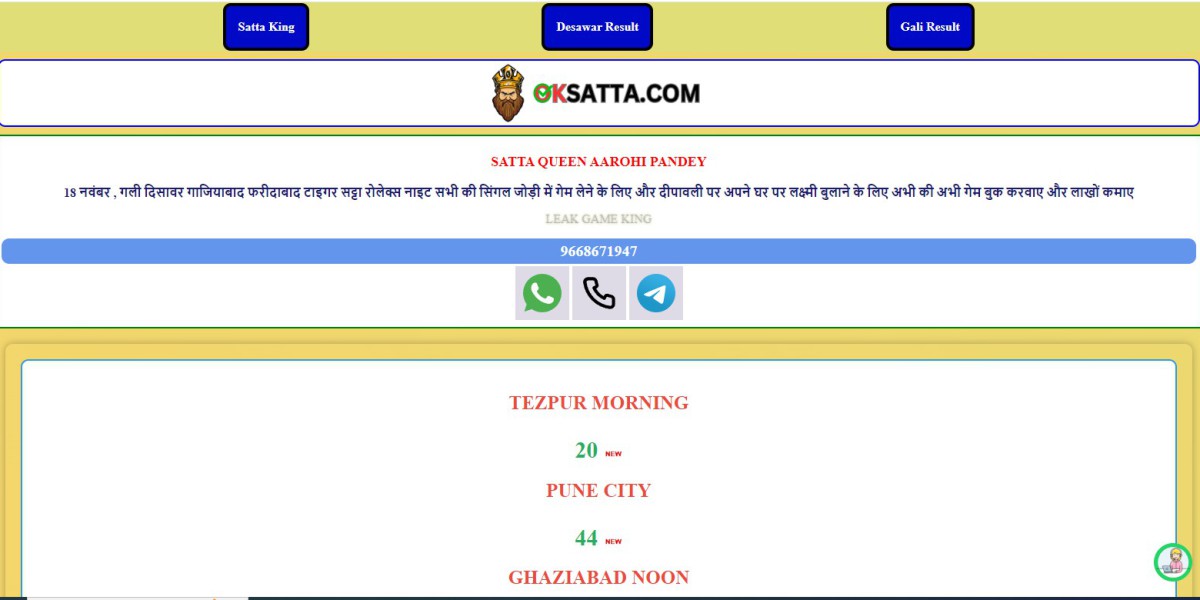In today’s highly competitive travel industry, customer relationship management (CRM) software is more than just a tool; it’s the backbone of successful, client-focused travel agencies. By consolidating customer data, personalizing interactions, and streamlining workflows, a travel CRM is instrumental in enhancing the booking experience and driving growth. This article explores how CRM can be a game-changer for travel agencies looking to increase their bookings and retain clients.
Centralized Customer Data and Insights
One of the biggest hurdles for any travel agency is managing vast amounts of client data, from preferences and past bookings to upcoming trips. A CRM consolidates this information into a single, accessible platform. With a CRM agents no longer need to sift through files or multiple systems to understand a client’s preferences; they can quickly access valuable insights such as favorite destinations, preferred travel dates, budget constraints, and more.
Personalized Customer Engagement
Today’s travelers expect a level of personalization that traditional travel agencies may find difficult to achieve without a robust CRM. By leveraging the data stored in a CRM, travel agencies can tailor their communications and offers to fit individual customer preferences. For example, if a client has previously booked beach vacations, the CRM can help the agent recommend similar destinations or seasonal deals. This level of personalized service fosters a stronger connection with clients, making them more likely to choose the agency for future trips.
Email and SMS Campaigns
Many CRMs offer automated email and SMS campaigns, allowing agencies to stay top-of-mind with customers. Through automated campaigns, agencies can send personalized reminders, holiday greetings, or exclusive offers based on past behaviour. For example, a well-timed email about summer destinations sent to a client who often books in June can lead to an increase in off-peak bookings.
Automated Follow-Ups and Reminders
In the fast-paced world of travel, timely follow-ups can mean the difference between a booking and a missed opportunity. Travel CRM comes equipped with automated reminders and follow-up schedules, ensuring that no lead falls through the cracks. Once a client expresses interest in a package or requests additional information, the CRM can automatically schedule follow-ups to encourage them to complete the booking.
Additionally, CRMs can remind agents of upcoming trips for existing clients, allowing them to send last-minute tips or promotional offers for add-ons like excursions or car rentals. This proactive communication not only improves the client experience but can also lead to increased revenue per booking.
Improved Sales and Conversion Rates
A CRM provides powerful analytics and reporting tools that help agencies track performance metrics such as lead response time, conversion rates, and booking frequency. By analyzing this data, agencies can identify patterns and bottlenecks in the sales process. For instance, if data reveals that most bookings are lost at the quote stage, the agency can adjust its pricing strategy or enhance its follow-up efforts.
Moreover, CRMs allow agencies to segment their client base according to criteria like travel frequency, spending capacity, and destination preferences. This segmentation enables targeted marketing efforts and optimised resource allocation, ensuring that high-potential leads receive special attention.
Streamlined Workflow and Efficiency
A travel CRM automates many time-consuming tasks, freeing up agents to focus on high-value activities such as building client relationships and creating custom itineraries. For example, instead of manually tracking payments, reservations, and confirmations, agents can rely on the CRM to handle these processes seamlessly. Additionally, a CRM Software allows multiple team members to collaborate on a client’s profile, ensuring a unified approach without redundant or conflicting communication.
Efficient workflows translate directly to increased productivity, allowing agencies to handle more bookings with the same resources. By reducing administrative tasks, a CRM also shortens the sales cycle, resulting in quicker conversions and higher booking volumes.
Enhanced Client Retention and Loyalty
Retaining clients is often more cost-effective than acquiring new ones, and a CRM is key to building long-term relationships. By keeping track of client preferences, loyalty programs, and travel anniversaries, agencies can send personalized messages and offers at just the right time. For instance, reminding a client of their upcoming wedding anniversary with a customized romantic getaway offer can reinforce their loyalty and lead to repeat bookings.
Additionally, CRM systems allow agencies to receive and track client feedback, whether it’s positive or negative. By promptly addressing any issues, agencies can turn potential dissatisfaction into loyalty-building opportunities. Satisfied clients are not only more likely to return but are also valuable sources of word-of-mouth referrals.
Scalability for Future Growth
As your travel agency grows, managing an increasing volume of clients, leads, and bookings can become challenging without the right tools. A CRM system scales with your business, allowing you to seamlessly handle a larger customer base without sacrificing service quality. For agencies aiming to expand, a CRM provides the infrastructure to accommodate growth by automating repetitive tasks, tracking client relationships, and optimizing marketing efforts.
In-Depth Analytics for Informed Decision-Making
Finally, a CRM offers in-depth reporting and analytics that empower agencies to make data-driven decisions. From monitoring the success of marketing campaigns to tracking seasonal trends, these insights help agencies allocate resources effectively and refine their strategies. For instance, an agency may find that specific promotions lead to spikes in bookings during certain times of the year, allowing them to better plan future campaigns.
CRM analytics also enable agencies to experiment with different packages and promotions, refining their offerings based on what drives bookings. This iterative process of improvement becomes much easier when backed by the comprehensive data that a CRM provides.
Conclusion
A CRM is more than a tool; it’s a strategic advantage for travel agencies looking to increase bookings and improve customer satisfaction CRM. By centralizing data, personalizing interactions, automating follow-ups, and providing in-depth analytics, CRM empowers travel agencies to deliver an exceptional client experience while optimizing internal workflows. In an industry where relationships and responsiveness are paramount, investing in a CRM can be the key to sustained growth, client loyalty, and a thriving travel agency business.














